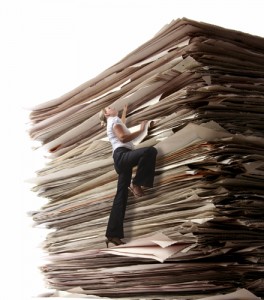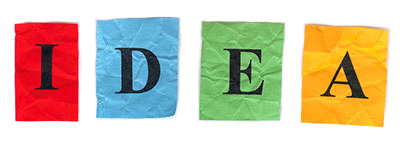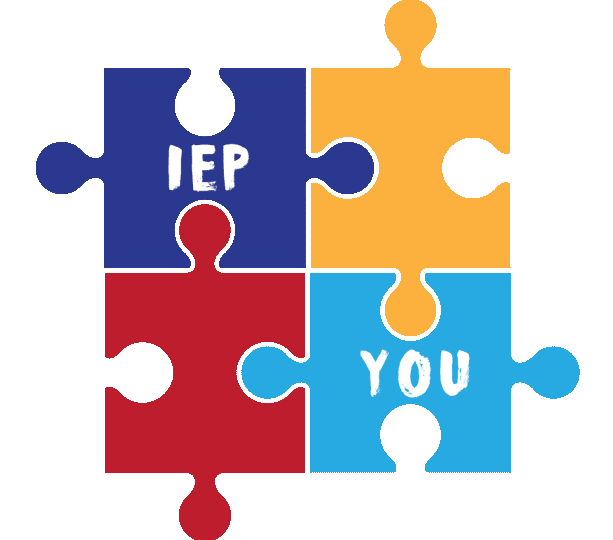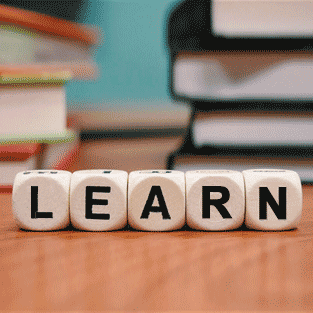Managing Your Child’s Documents Under the IDEA
You can be overwhelmed with paperwork in no time at all if you have a child getting special education services. From the beginning of school to the time your child graduates, the accumulation of IEPs, evaluations, progress reports, correspondence, journals, samples of your child’s work, and medical records, will fill several drawers of a file cabinet or take up most of your shelf space.
You might be tempted to throw out papers when they get out of hand, but this may be a mistake. Even the oldest documents in your child’s history can sometimes make a case for increased or different services under IDEA. Make sure you understand the relative importance of different documents and organize them!
Here are some guidelines to help you.
I like a 3 ring binder best with dividers. It’s the easiest to manage once you get it set up.
What Documents Should You Keep?
1. Individualized Educational Programs (IEPs) and other official service plans. In addition to IEPs, you may have IFSPs. These are service plans that govern early intervention programs for kids before they go into school and are written by other agencies.
2. Evaluations by the school system and by independent evaluators. These will include the initial psychological evaluation and those done every three years thereafter (unless waived), speech and language evaluations, occupational and physical therapy evaluations. Also, it includes any evaluations done by providers outside the school system.
3. Medical records. You may not need to keep all medical records with your IDEA documents. Keep those documents that relate to the disability.
4. Progress reports and report cards. These are the formal documents where the school system periodically tells you how your child is doing.
5. Behavior plans. Some children will have a separate behavior intervention plan.
6. Notes regarding your child’s behavior or progress. These will include notes from you to the teacher, from the teacher to you, or journal entries between you and the teacher. Sometimes notes from a teacher will tell a different story than the formal report the teacher develops at the request of the supervisor when the IEP team convenes.
7. Correspondence. Save any correspondence between you and teachers, special education administrators, IEP team members, and evaluators. Don’t forget emails! Print them out and put them in your correspondence file.
Note: It’s not necessary to use certified mail, return requested, when you send letters to the school system. It’s better to hand-deliver the document if it is important and ask for a receipt. Remember that in most courts, a letter mailed in ordinary first-class mail is presumed to have been delivered within three days.
8. Notes from conversations and meetings with school personnel, evaluators, the child’s IEP team, or other interactions relating to your child’s program or needs. Be certain to take good notes at key meetings or bring someone with you whose only task is to take notes. Notes can help enormously months later when you try to remember something various people said or what agreements were made.
9. Documents relating to discipline and/or behavioral concerns. These include notices of detention and suspension, letters describing the concerns of service providers and administrators about behavior. The behavior plan can be included here rather than separately.
10. Formal notices of meetings scheduled to discuss your child. Once the meeting is held, you can actually throw these notices out but there is no harm in keeping them in order to have a complete file.
11. Samples of schoolwork. It will be difficult to keep everything, so just save the samples that show the progress made.
12. Keep a journal. It can take years for parents to realize that they should have kept better notes of meetings, telephone calls, and important events in their child’s educational career. Some parents keep a journal with dates, short descriptions of events or conversations, and the names of people who were involved. This doesn’t mean you need to include every tiny detail of your child’s life, but a well-kept journal can help you explain to others (or yourself) as to how you got to the current situation.
Date all documents: Lightly with a pencil in the same place (upper right)
Put in date order.
NEVER write on original documents
NEVER highlight original documents.
NEVER release original documents to anyone.
ALWAYS keep originals neat and clean you can make copies from them.
ALWAYS keep your notebook current.
Categories:Uncategorized
1 Likes





